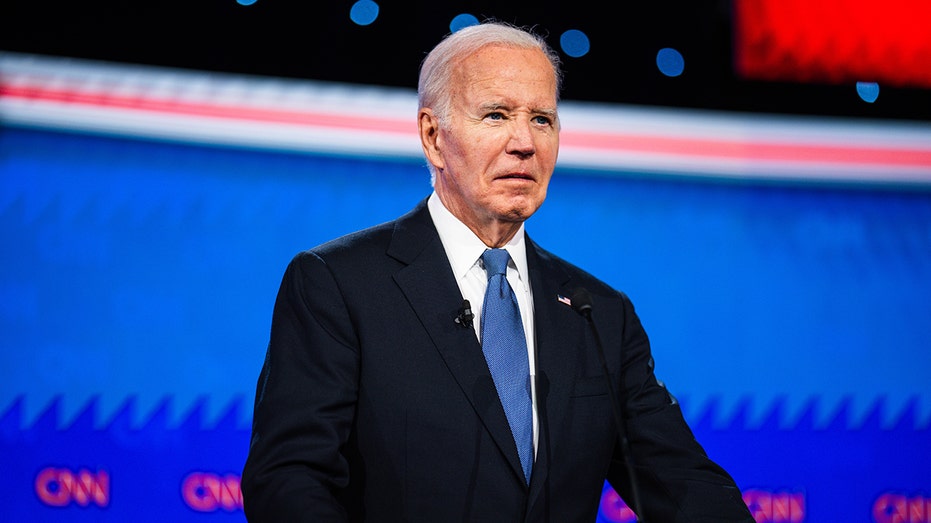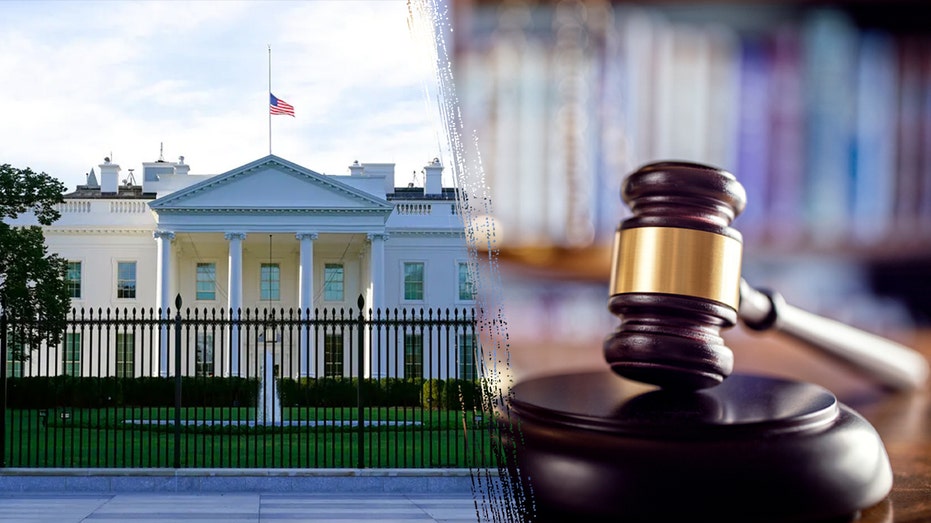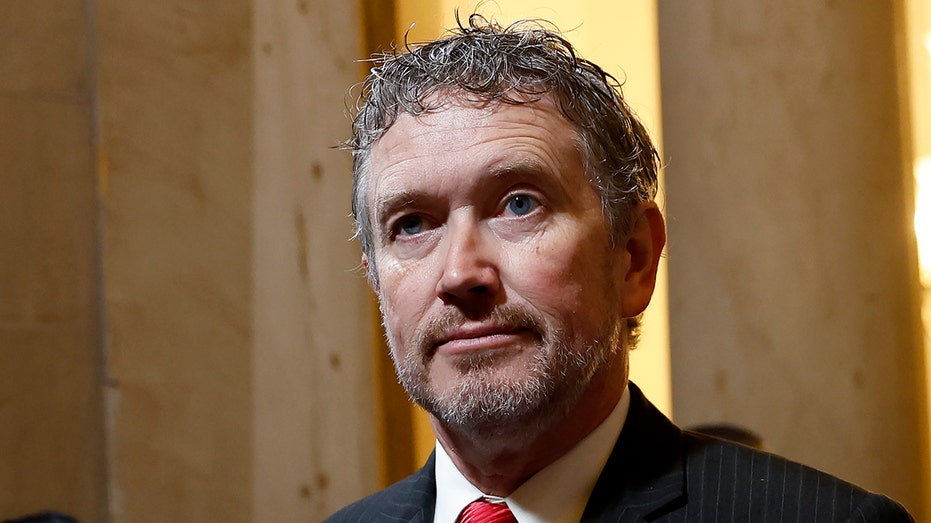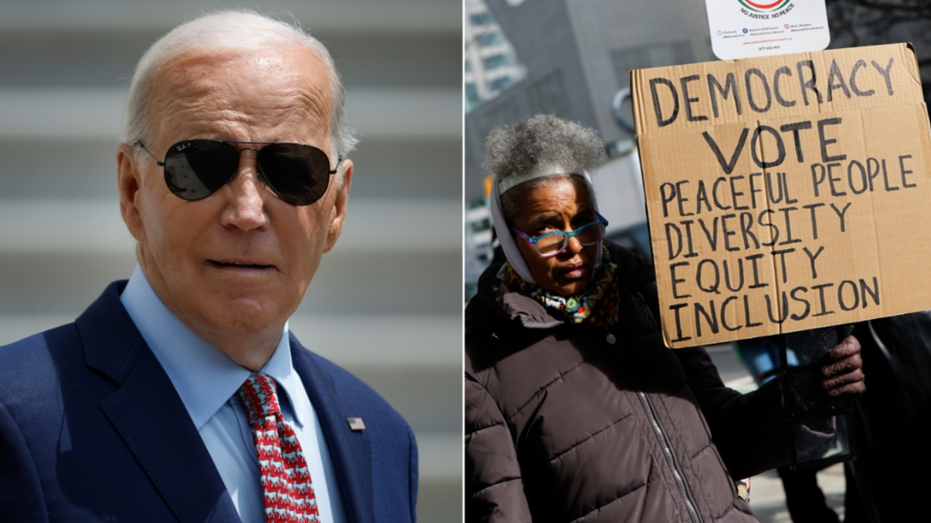To avoid potential confusion on the general election ballot, Democrats are limited in the time they have left to decide whether to keep President Joe Biden as the party’s nominee or replace him with a new candidate.
Every presidential cycle, both Republicans and Democrats officially choose a candidate to represent their party on the general election ballot based on who receives the most state delegate votes at their national party convention.
With only one month left until the Democratic National Convention (DNC) in August, Democrats will have to decide whether Biden is their best bet at beating former President Donald Trump in November, or if concerns over his age and veracity outweigh his strength as a candidate.
However, even more concrete than naming Biden as the nominee is the printing of millions of ballots with his name on them.
UNCHARTED TERRITORY: COULD CAMPAIGN FINANCES KEEP BIDEN ON THE BALLOT?
Once a candidate is named the party’s nominee at their affiliated convention, they are required to certify the selected candidates to each state’s Secretary of State or director of election.
Each state has its own specific time frame and process for certifying a party’s presidential and vice presidential candidate’s name on the ballot before printing them.
TRUMP CHALLENGES BIDEN TO SECOND PRESIDENTIAL DEBATE – BUT THERE’S A CATCH
Some states require a party’s candidates to be certified to the director of election no later than the beginning of September, while others allow the candidate to be submitted at a later date.
In the event that a candidate cannot continue in the race after being chosen as a nominee, it would be up to the national party to choose a replacement. However, difficulties could arise in the instance that a new nominee was chosen after states already began printing ballots with the previous candidate’s name on them.
Given that some states will begin certifying the names to appear on the 2024 ballots by early September, Democrats will likely need to make a decision on whether Biden is their nominee before this date in order to avoid any potential confusion on the ballot.
According to data from the National Conference of State Legislatures (NCSL), there is variation among states regarding the dates they dispatch ballots to voters.
Arkansas, Delaware, Kentucky, Minnesota, North Carolina, Pennsylvania, South Dakota, Tennessee, West Virginia and Wisconsin mail ballots to voters more than 45 days before the election.
Alabama, Idaho, Indiana, Louisiana, Michigan, New Jersey, Oklahoma, Rhode Island, Texas, Virginia and Wyoming are 45 days prior to the scheduled election day.
Connecticut, Florida, Illinois, Maine, Maryland, Massachusetts, Mississippi, Missouri, Nebraska, New Hampshire, New York, North Dakota, South Carolina and Vermont send out ballots 30 to 45 days before the election.
And Alaska, Arizona, California, Colorado, Georgia, Hawaii, Iowa, Kansas, Montana, New Mexico, Ohio, Oregon, Utah and Washington allow voters the least amount of time, giving them 30 days before the election.
Latest Political News on Fox News Read More




